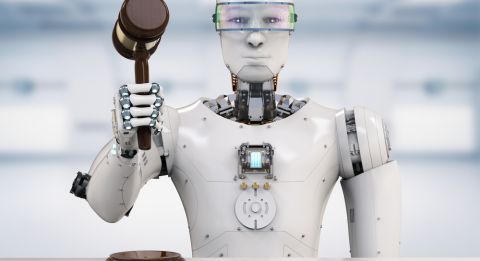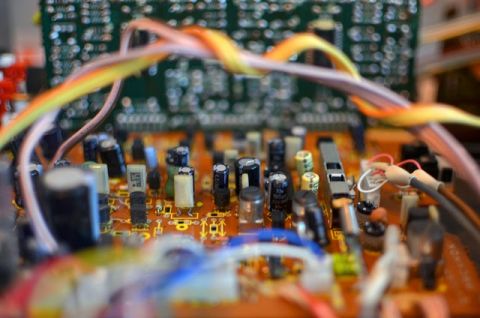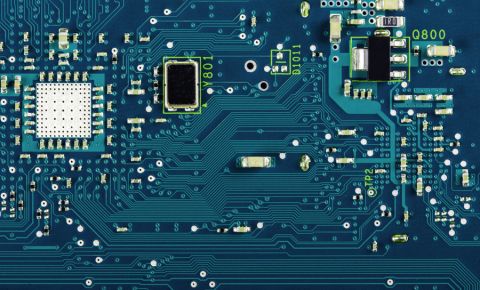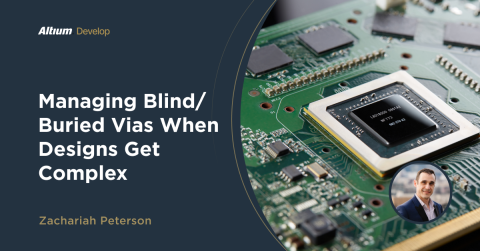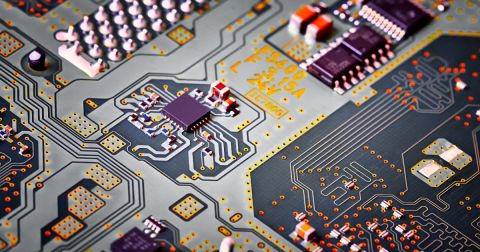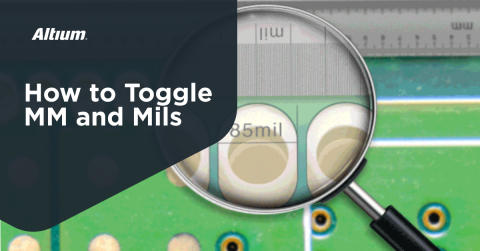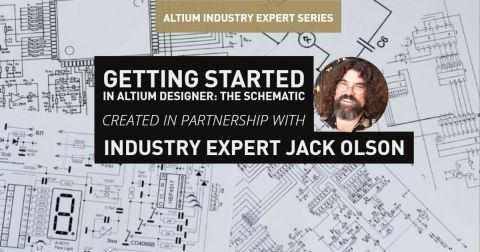Elon Musk's WARR Hyperloop SpaceX Team Pushes Last Year’s Design Concept Even Further
WARR Hyperloop team with Elon Musk after their 2017 win of the Hyperloop Pod competition II.
Judy Warner: Please share briefly about the history of the WARR Hyperloop and the Technical University of Munich.
Martin Riedel: WARR Hyperloop started out as a group of six students in the fall of 2015 and has since grown to nearly 40 students that compete in the SpaceX Hyperloop Competition every year. WARR Hyperloop is part of a larger student organization at the Technical University of Munich (TUM) called WARR (scientific workgroup for rocketry and spaceflight). WARR has been an active student group since the 1960s and has teams building, testing and flying hybrid rocket engines, cube satellites, space elevators, and more.
Warner: How many students are on the electrical sub-team, and what stages of education are represented?
Riedel: The electrical team is made up of 8 students, ranging from 3rd semester bachelor to master students. Majors represented are electrical engineering, computer science as well as mechanical engineering.
Martin Riedel (standing) and team prepare to launch their 2017 pod
Warner: Your team won the Hyperloop competition last year and broke the speed record. What do you attribute to enabling your success?
Riedel: Last year's success can be attributed to our strict focus on our electric drive system. The vehicle was designed around a high-power motor with a large emphasis on weight reduction of the vehicle. Furthermore, sufficient system testing before the competition (on the lab test bench and on the vehicle) was a key factor to success. (CLICK HERE to see their inspiring run of the 2017 WARR Hyperloop pod.)
The 2017 WARR Hyperloop pod flies down the pressurized vacuum tube at SpaceX.
Warner: What have you added to your pod this year to improve your design and performance?
Riedel: This year's pod pushes last year's concept even further. We've significantly reduced vehicle weight: An optimized CFRP structure trough simulation enables structural weight savings of 50% compared to last year. Extensive battery testing reveals peak battery performance for 60% more specific power. Our custom-designed brakes not only reduce weight through lightweight alloys but enable vehicle braking deceleration of up to 10g. (See the video of the making of Pod III HERE.)
The proud team with their record-breaking 2017 pod.
On the drivetrain, a distributed set of 8 electric motors replaces the single motor concept. These high-spinning motors significantly improve specific power ratio and work out great with our targeted top speed of 600 km/h (372 mph).
Warner: That’s impressive!! What logistical challenges do you face getting your pod and team to LA all the way from Germany?
Riedel: The competition vehicle, tools, and necessary parts are all packaged in shipping crates and flown to the US via aircraft. A cargo ship would cost us 2 months of valuable time. Arrival in LA, transport, loading and unloading to and from competition and testing sites need to be planned well in advance. A very big organizational challenge is customs: A Carnet ATA allows us to be exempt from custom duties, since we ship the same goods to the US and back to Germany. However, it requires us to accurately document every single part we ship, including every size of screws. A process we sure wish could be automated!
Tense moments at the controls.
Warner: What impact do you think being on WARR loop has had on your professional aspirations, and how it has helped equip you for your future?
Riedel: Being on the WARR Hyperloop team for two and a half years has had a significant impact. Nowhere else I could have imagined to learn and work with such a broad range of topics: from mechanical hardware, to electrical hardware, teamwork and team building. The most important aspect of every competition for me is our common goal: to spin up a design, build it, test it and have it running for the final date. From idea to working prototype, with as few obstacles as possible.
2017 Hyperloop II competition trophy signed by Elon Musk.
Warner: We are thrilled that we will be at the competition to see another great WARR Hyperloop pod run, Martin. Thank you so much for taking the time to tell us about your team, your experience, and your new pod.
Riedel: Thank you, Judy. We appreciate the support and look forward to the competition as well.
EDITOR’S NOTE: On July 22nd, the WARR Hyperloop team once again broke the world speed record at the 2018 Hyperloop Pod Competition III. Their pod reached a top speed of 290 mph, and they won the competition for the third year in a row! Please visit the SpaceX Hyperloop Competition III website or the WARR Hyperloop website to see more details of their victory. Congratulations, WARR Hyperloop team!!
